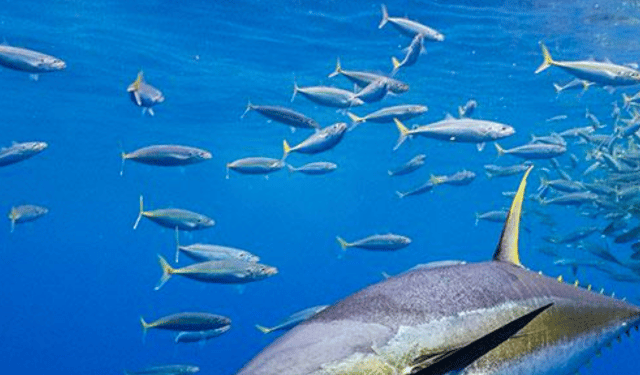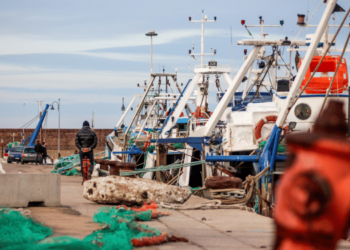Historic agreement for the sustainable management of tropical tuna – At the annual meeting of the International Commission for the Conservation of Atlantic Tunas (ICCAT) in Cyprus, the European Union played a crucial role in the adoption of an agreement for the sustainable management of tropical tuna, marking a major step forward for the protection of fish stocks and support for developing coastal states.
The agreement provides for an increase in the Total Allowable Catch (TAC) for bigeye tuna, with significant benefits for developing coastal states and improvements in fishing opportunities for the European fleet. A notable element is the mandatory introduction of biodegradable and non-tangling Fish Aggregation Devices (FAD), accompanied by a reduction of the FAD fishing closure to 45 days. These measures not only ensure greater equity between fleets, but also improve the socio-economic conditions of European fisheries in the Atlantic.
In addition, a recommendation was adopted for an evaluation of the management strategy for tropical tuna. This science-based approach will allow for the sustainable management of bigeye, skipjack and yellowfin tuna populations, preserving the health and abundance of these species.
For North Atlantic swordfish, ICCAT introduced a management procedure that includes a revised TAC and an increase of 1,569 tonnes for the EU compared to the previous limit. The agreement ensures that catches are in line with the limits, reflecting a commitment to the sustainable management of fish stocks.
The EU also promoted several proposals for shark protection, including the launch of a strategic assessment for blue shark management.
For bluefin tuna, ICCAT has adopted measures to simplify management and reduce administrative burdens, while ensuring tighter control. These provisions also favour small-scale fleets operating in the Gulf of Lions, improving the efficiency of their activities.
An important innovation is the introduction of a comprehensive framework for bluefin tuna aquaculture, designed to ensure traceability and support the sustainable development of the sector.
The role of RFMOs in overall fisheries management
Regional Fisheries Management Organisations (RFMOs), including ICCAT, are key tools for ensuring that fishing activities are sustainable and do not harm marine biodiversity. These organisations use strategies such as catch limits, technical restrictions and monitoring measures to manage fishery resources responsibly.
The EU, represented by the European Commission, actively participates in 18 RFMOs, five of which are dedicated to tuna. This commitment makes it a major global player in fisheries management.
The ICCAT meeting in Cyprus confirmed the EU’s leadership role in promoting science-based management for sustainable fisheries. With innovative measures for tropical tuna, swordfish and bluefin tuna, the EU reinforces its commitment to sustainability and the protection of marine ecosystems.
Historic agreement for the sustainable management of tropical tuna








